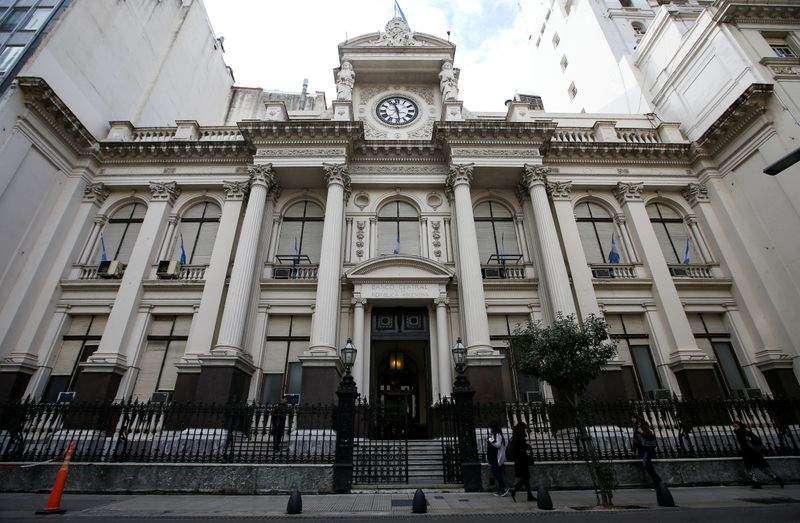Argentina’s central bank offered its Leliq note, which is used as the benchmark interest rate, at a rate of 60%, representing an 800 basis-point increase and the largest hike in almost three years.
The rate increase was communicated to traders through the local Siopel trading system, according to people with direct knowledge of the matter who asked not to be named because the information is not public. It represents the largest interest rate increase since August 2019 but still falls short of surpassing annual inflation running at 64%.
The move marks an increase in borrowing costs that investors had been calling for as the key rate trailed inflation that’s above 70%. Consumer prices in July have accelerated since former Economy Minister Martín Guzmán resigned at the start of the month, blowing open a political crisis that’s caused prices to soar. JPMorgan Chase & Co estimates that July monthly inflation will be 7.3% faster than the previous month’s 5.3%.
The country’s US$44 billion program with the International Monetary Fund also calls for positive real rates. A central bank spokesman declined to comment.
In the same statement to traders, the central bank said that it was raising the overnight passive 1-day repo rate to 55%, from the previous 46.50%, and the active 1-day repo rate to 75%, from 65%, the people said. As of July, the passive repo rate is the floor of the reference range the central bank uses as a guide to define its monetary policy rate.
On Wednesday, Argentina’s Treasury raised by 600 basis points the rate on the short-term local note it uses to mark the ceiling of the benchmark monetary policy rate.

